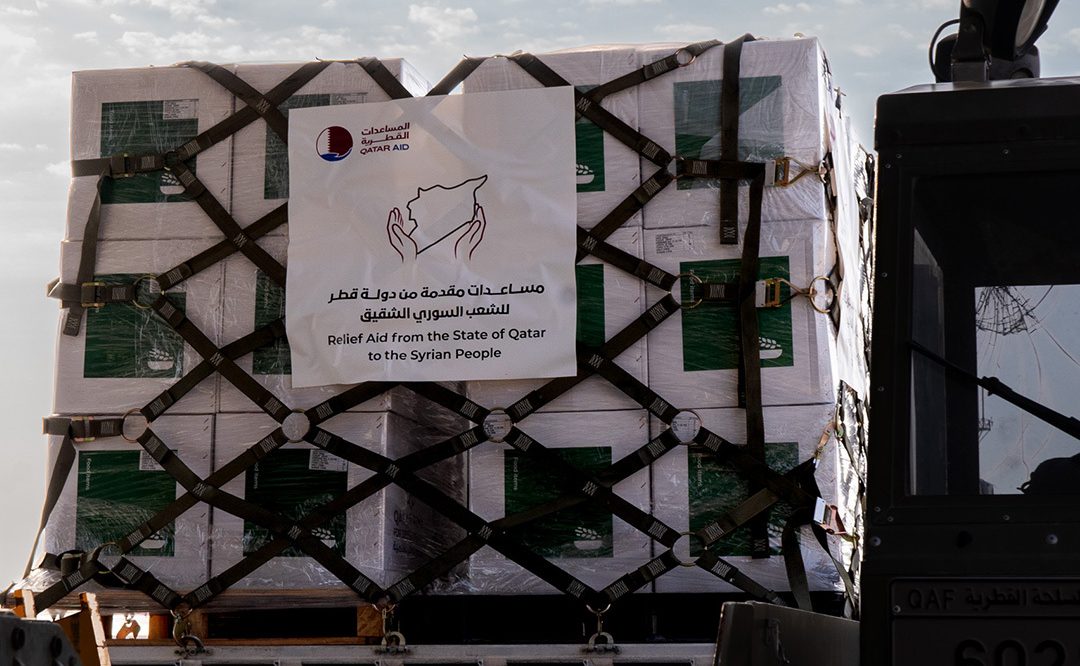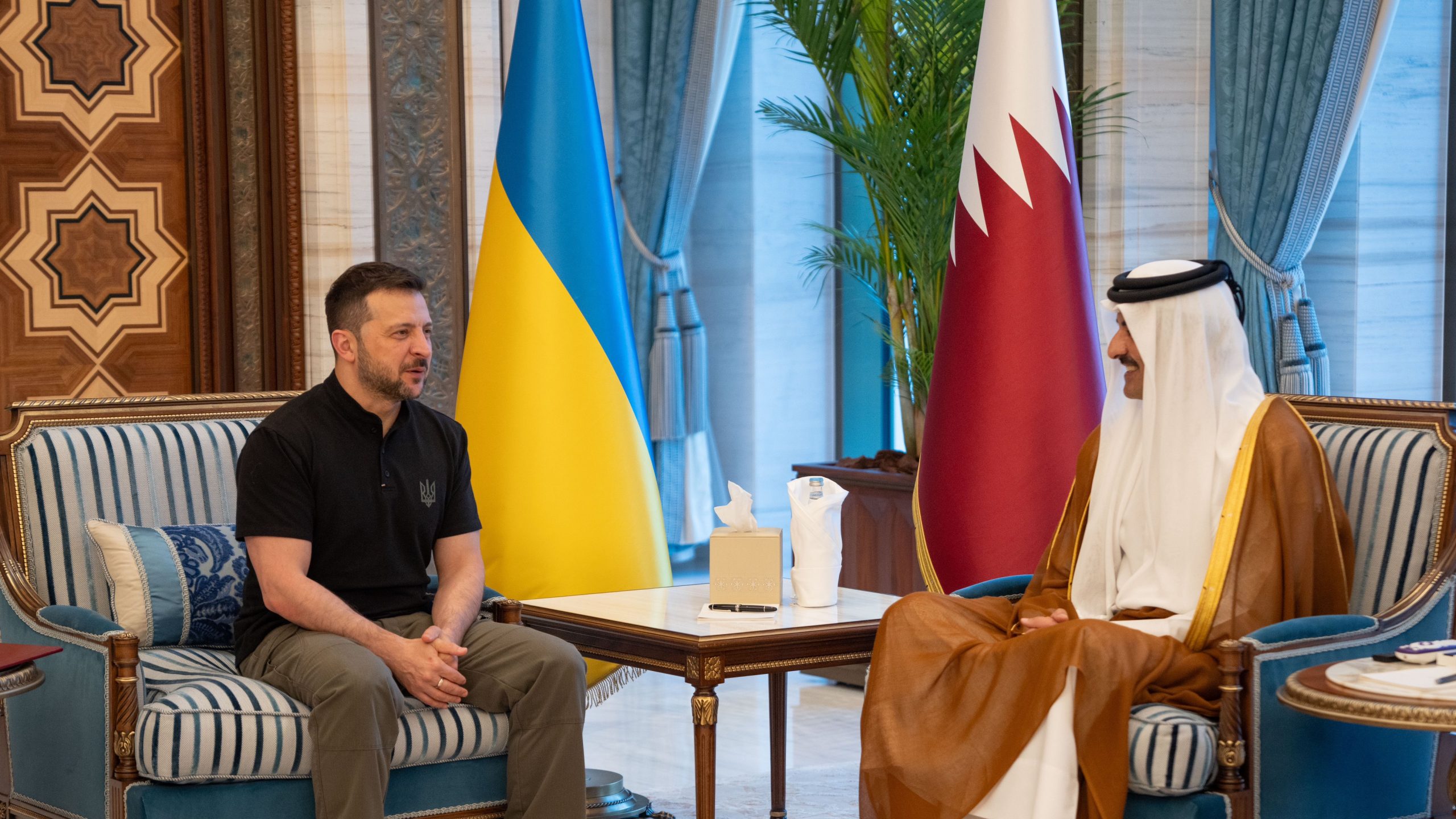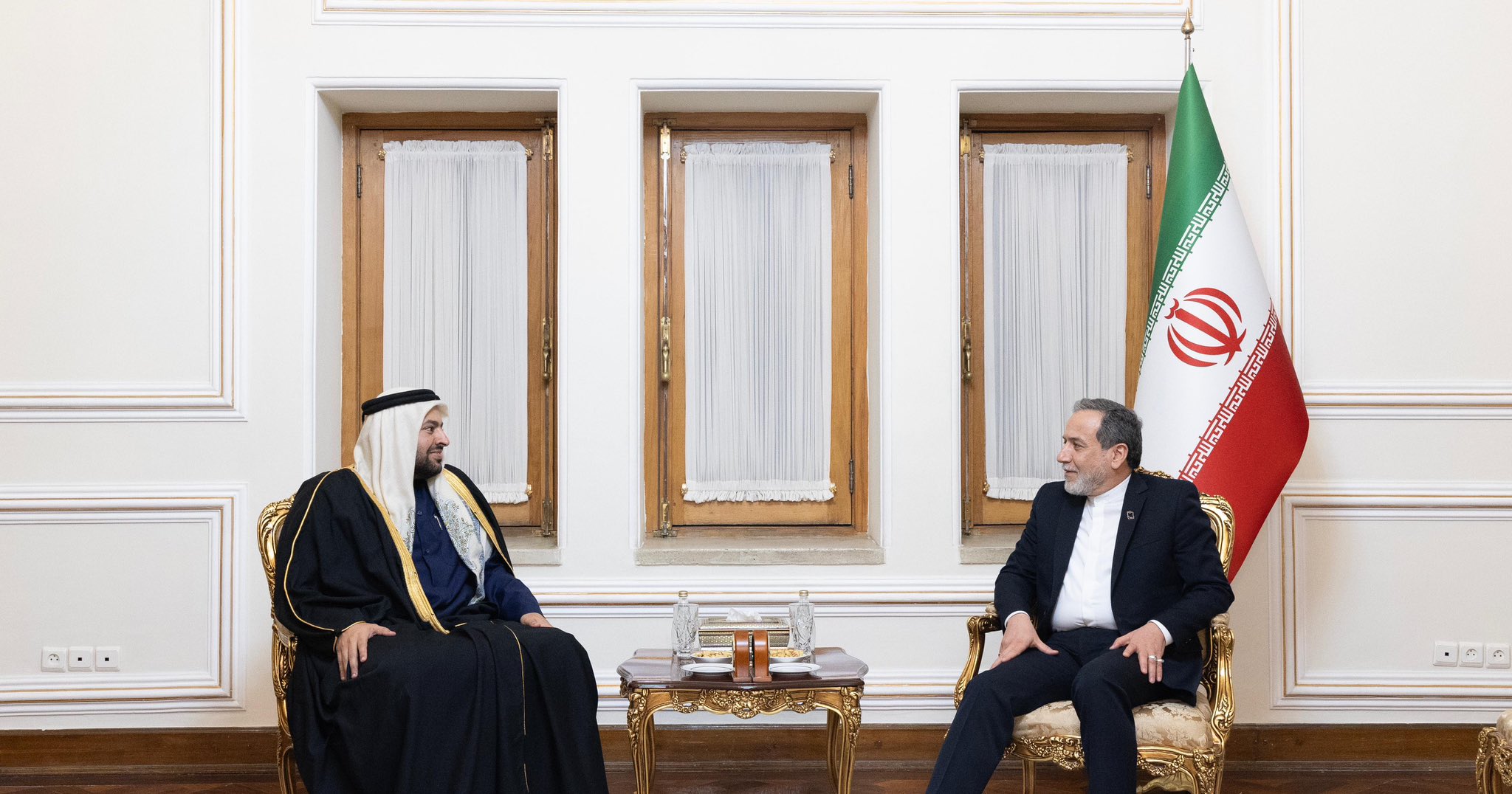Since the start of the year, Israel has killed at least 84 Palestinians amid intensifying assaults.
Qatar and Jordan discussed the latest developments in Palestine on Friday, amid increasing escalations by Israel in the West Bank since the beginning of the year.
The discussions took place during a meeting in Doha between Qatar’s Prime Minister and Minister of Foreign Affairs Sheikh Mohammed bin Abdulrahman Al-Thani and Jordan’s Foreign Minister Ayman Al-Safadi.
According to Jordan’s news agency (Petra), Al-Safadi congratulated Sheikh Mohammed on his appointment as prime minister.
The news agency noted that the Palestinian cause topped the meeting’s agenda, with officials renewing the importance of Palestinians’ right to freedom and an independent state with East Jerusalem as its capital.
“Safadi briefed Sheikh Mohammad on Jordan’s efforts in coordination with brothers and partners to stop the illegal Israeli measures that undermine the two-state solution and fuel violence, including the Aqaba meeting,” Petra stated.
Sheikh Mohammed and the Jordanian diplomat also “agreed to continue coordination and consultation on these efforts.”
Al-Safadi’s visit came following a January trip by Jordan’s King Abdullah II to Doha, where he met with Qatar’s Amir Sheikh Tamim bin Hamad Al Thani.
Jordan’s Royal Hashemite Court said Sheikh Tamim and King Abdullah discussed the Palestinian cause while “stressing the importance of stopping all illegal Israeli measures that undermine this solution.”
King Abdullah’s visit also came just a day after a meeting with Israeli Prime Minister Benjamin Netanyahu in Amman.
Speaking to Doha News at the time, regional analysts believed the timing of the meeting with Netanyahu and the Doha visit suggested a possible discussion with the Qatari leader over the Hashemite custodianship of holy sites in Jerusalem.
“Jordan is very worried about what Israel is doing when it comes to the situation in Jerusalem and the impact of changing the status of the holy lands, especially that status which lasted since 1948 onwards,” the analyst said.
Jordan has been the custodian of Muslim and Christian holy places in Jerusalem since 1924 under what is widely known as the “Hashemite Custodianship”.
The Hashemite Kingdom was the second in the Arab world to establish ties with Israel in 1994, after Egypt in 1979.
Jordan and Israel had signed the Wadi Araba Peace Treaty, named after the southern border crossing, guaranteeing the former the restoration of its occupied areas of Al-Baqoura and Al-Ghumar.
Israeli violence has intensified since the start of the year in the occupied West Bank, with numerous raids being carried out by the Israeli Occupation Forces (IOF).
Since the start of the year, Israel has killed at least 84 Palestinians amid intensifying assaults.
Last week, Israel carried out yet another deadly raid in Jenin, killing at least six Palestinians.
In a statement, Qatar’s foreign ministry said it considered the latest storming of the Jenin camp “an extension” of the IOF’s “systematic crimes” against Palestinians.
Qatar had also warned of “an explosive situation in the Palestinian territories as a result of the Israeli escalation,”urging the international community to halt the occupation’s violence and hold Israel accountable.
The IOF has also been carrying out deadly attacks in the Palestinian town of Huwara, which was condemned by Qatar.
Last week, the Chairman of Qatar’s Gaza Reconstruction Committee, Ambassador Mohammed Al Emadi, held meetings in Ramallah and Jerusalem with several Palestinian and international officials.
The increase in attacks has raised concerns over another intifada, or uprising, against the Israeli regime, which has been expanding its illegal settlements and intensifying its raids since last year.
The first intifada took place between 1987 and 1993, where more than 1,300 Palestinians were killed.
The second intifada took place between 2000 and 2005, where Israel killed at least 4,973 Palestinians.
Israel occupied the West Bank, Gaza, and East Jerusalem in 1967 after a bloody war, widely known as “the six day war” and Naksa, or “setback”.
Within six days, the Zionist state captured the majority of Palestine while forcibly dispossessing at least 300,000 Palestinians.







